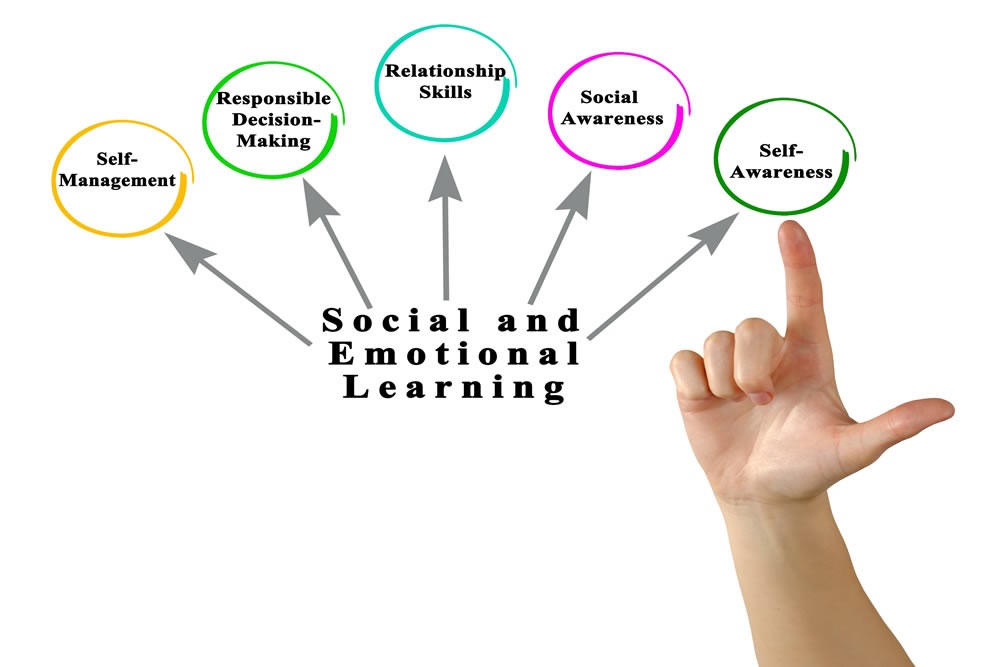Social-Emotional Skills When Working with Children and Teens in Therapy
Often, referrals are made to see children and teens with difficulty expressing their emotions and sentiments (with peers and adults). This impacts their social-emotional well-being and may affect social interaction skills. The challenges can sometimes be psychological and/or attributed to neurodevelopmental differences such as language processing, attention, and emotional regulation. In therapy with children and teens, there are many avenues to address the building of social-emotional skills, such as:
1. Self-awareness: The ability to understand one’s own emotions, thoughts, and values and how they influence behavior across contexts.
2. Self-Esteem: The ability to appreciate, value, and understand one’s strengths while accepting the challenges/relative weaknesses.
3. Self-management/Emotional Regulation: The ability to manage one’s emotions, thoughts, and behaviors effectively in different situations and to achieve goals and aspirations.
4. Social-emotional awareness: The ability to understand the perspectives of and empathize with others while also realizing the impact one has (behavior, comments, tone, etc.) on others.
5. Relationship skills: The ability to establish and maintain healthy and supportive relationships and to effectively navigate settings with diverse individuals and groups.
In schools, social-emotional skills development is a crucial aspect of a child's holistic growth. Various tools are used to help children gain increased self-awareness (i.e., how their mood/affect impacts their learning and interactions) and social awareness (i.e., empathizing with others). Studies have shown that teaching children these core concepts of social-emotional skills can lead to a host of positive outcomes, including improvements in academic performance, decreases in stress and anxiety, greater emotional intelligence, and improved quality of relationships. This is a testament to the power of social-emotional skills development in shaping a child's future.
Links/Resources:
1) This link shows how social-emotional skills appear over the span of 0-5 years of age: https://pathways.org/topics-of-development/social-emotional/ and this link shows the skills past age 5 and what would be expected developmentally: https://www.understood.org/en/articles/social-and-emotional-skills-what-to-expect-at-different-ages
2) This link emphasizes how social-emotional skills can be applied throughout the day in school settings: https://www.gse.harvard.edu/ideas/usable-knowledge/19/01/teaching-social-and-emotional-skills-all-day
3) This link is about practical ways to promote children’s social emotional health: https://www.naeyc.org/resources/pubs/yc/mar2018/promoting-social-and-emotional-health



